
ENVIRONMENT
20-10-2021 by Leni Frau

18 years before the end of a magnificent spectacle that also means hope.
This is the time that remains to us to admire the perennial snows of Kilimanjaro and the equally spectacular ones of Mount Kenya.
But it's not just a matter of optics and tourism, the glaciers that according to the acts that will be presented at the next UN climate conference will disappear by 2040 will cause serious climate disruption that will affect agriculture and the lives of humans and animals.
According to the data that will be presented next October 31 in Glasgow, Africa is the continent that will suffer most from climate change. Its rate of warming is considerably higher than that of other continents, despite the fact that its nations are responsible for only 4% of global greenhouse gas emissions. It is estimated that over the next decade, average seasonal temperatures could increase by 2.5 degrees.
The report also cites the third African massif covered by perennial snow, the Ruwenzori in Uganda. These are not mountains from which springs of water flow that can significantly affect the surrounding regions, but the contribution of the glaciers is a sort of sentinel for other atmospheric phenomena that will change the weather and living conditions of equatorial Africa forever.
Those of Mount Kenya will be the first peaks to lose their white color, according to scholars as early as the first years of the next decade we could see a decisive loss of ice.
"The rapid shrinkage of the last remaining glaciers in East Africa, which are expected to melt entirely in the near future, signals the threat of irreversible change in the Earth system," said the secretary general of the World Climate Organization, Petteri Taalas.
Already in 2017 it was reported that the inevitable disappearance of the Lewis Glacier, the largest glacier in Mount Kenya, decreased by 90% since the beginning of the twentieth century. According to experts, however, rising temperatures would only minimally affect this phenomenon. The decrease in atmospheric humidity, also due to pollution, would be the main cause, but many other elements combine to suggest that the great giant north of Nairobi will be the first to suffer the loss of its white cap.
The 2020 report on the state of the climate in Africa also highlights Africa's disproportionate vulnerability, but also reveals how investing in climate adaptation and natural defense systems against the threats of environmental degradation, including drastic reduction of carbon emissions, is the only hope for avoiding the growing food insecurity and consequent poverty created by the increase in warming in Kenya.
In this case, on the slopes of Mount Kenya, black tea, of which the African country is the world's largest exporter, could be the first victim and endanger the work and livelihood of thousands of plantation farmers.

Burning the highest mountain in Africa, Kilimanjaro has been burning for 16 hours for ...
by Freddie del Curatolo
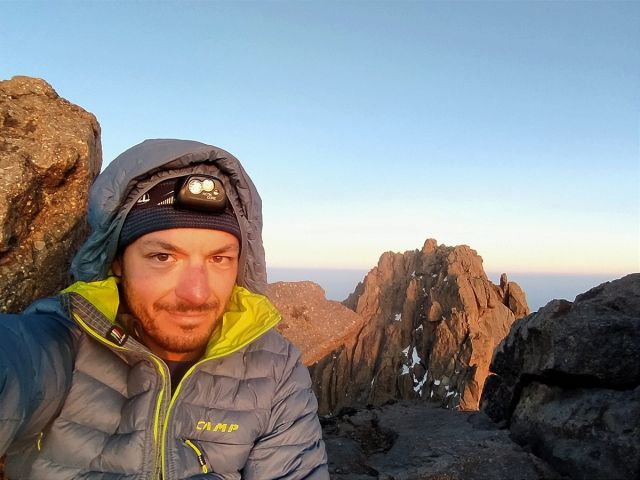
The lion in Africa is known not only for its supremacy within the Animal Kingdom, but for the great...
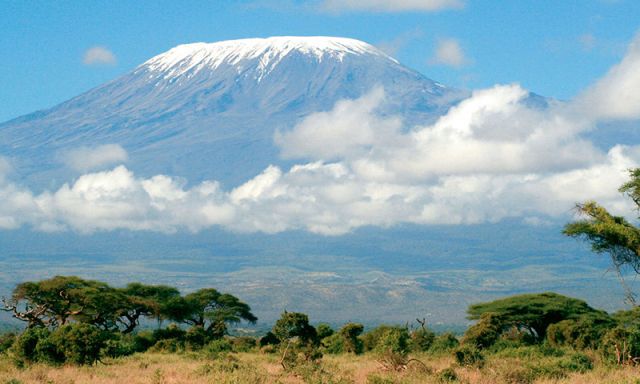
Kilimanjaro is in danger. For ten days now, fires have been raging along its slopes and hiking trails, up...
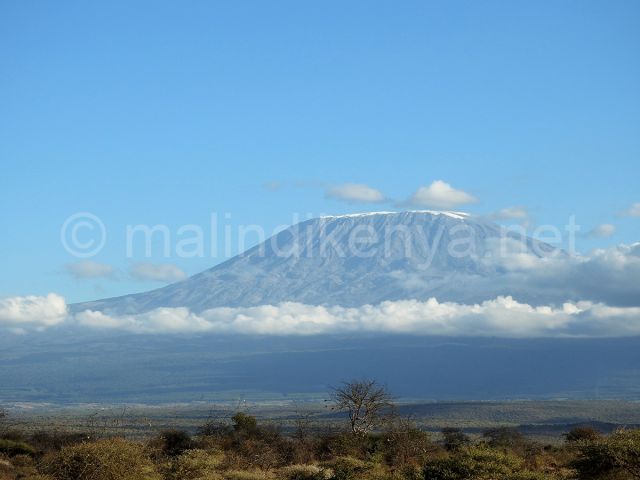
The Tanzanian government has given the green light to the Tanzania National Parks Authority for the...
NEWS
by redazione

There is always the Africa of sea and savannah in the beginning and end of one of Italy's most celebrated love stories. Francesco...
EDITORIAL
by Freddie del Curatolo
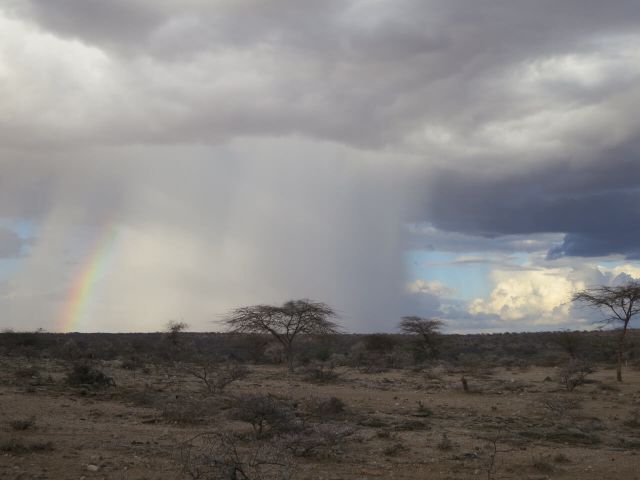
They awaited them as a blessing, a gift from the God of melting snows, dried-up springs, desertified plateaus. For...
NEWS
by redazione
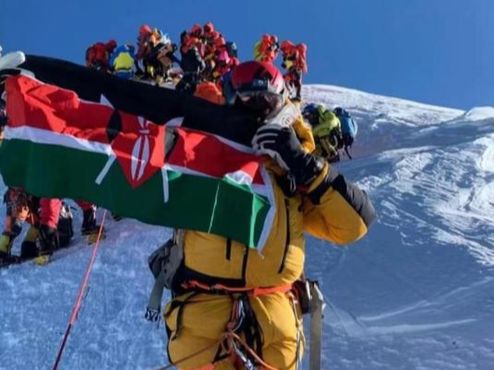
At the age of sixty-two, retired Kenyan teacher Professor James Kagambi has made history by becoming...
REMEMBRANCE
by Freddie del Curatolo

In recent days one of the pioneering Italian doctors in Kenya, Adriano Landra, left us.
A native...
ITALIANS
by Carlo Saba
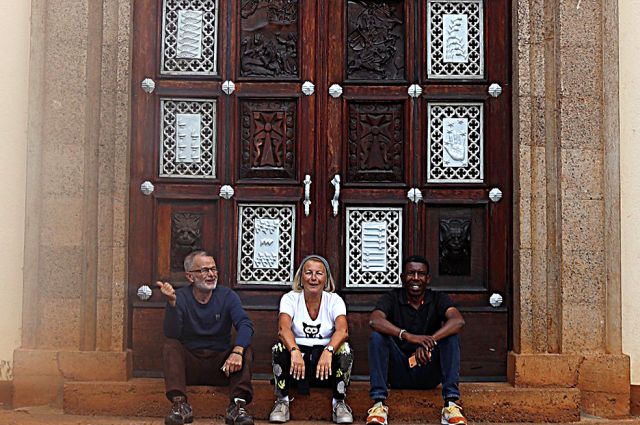
When in Italy my friends ask me why I am interested in this land so distant and different, I ...
WILDLIFE
by Leni Frau
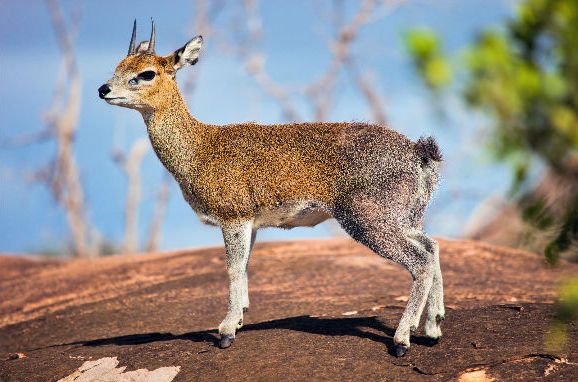
West Tsavo is once again teeming with klipspringer, the small rock antelopes that prefer the savannah...